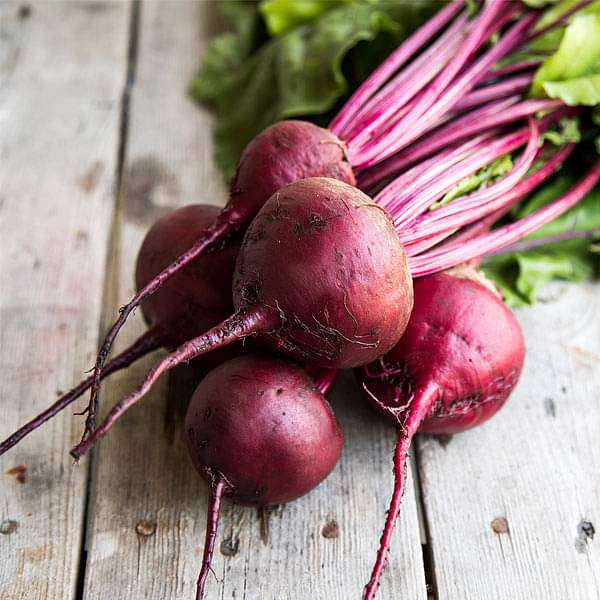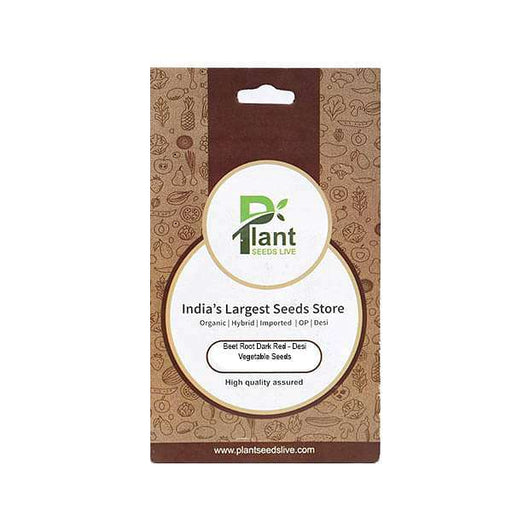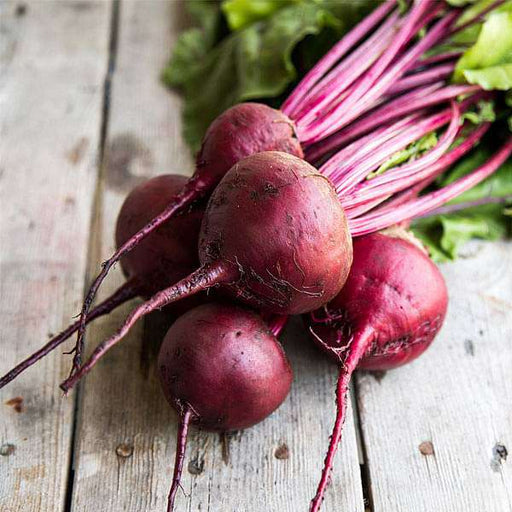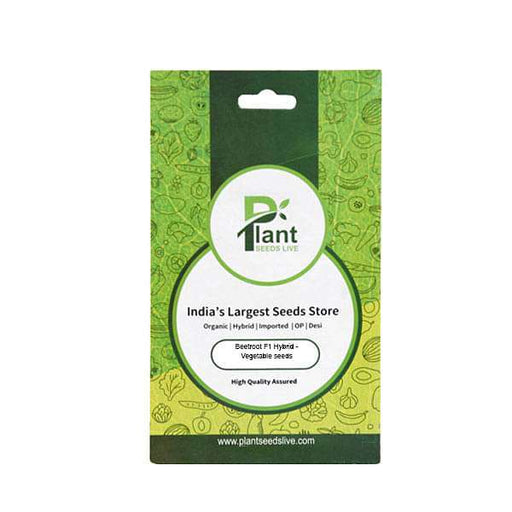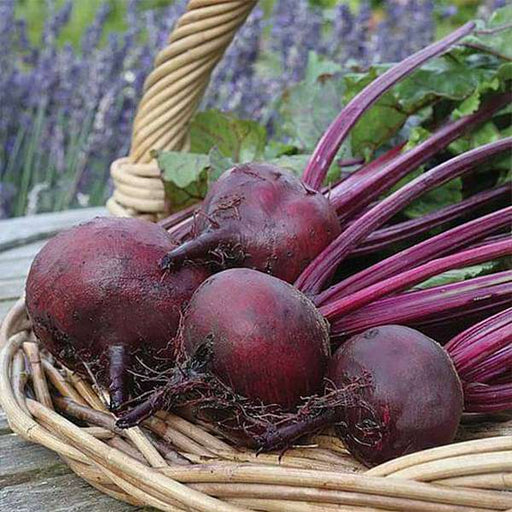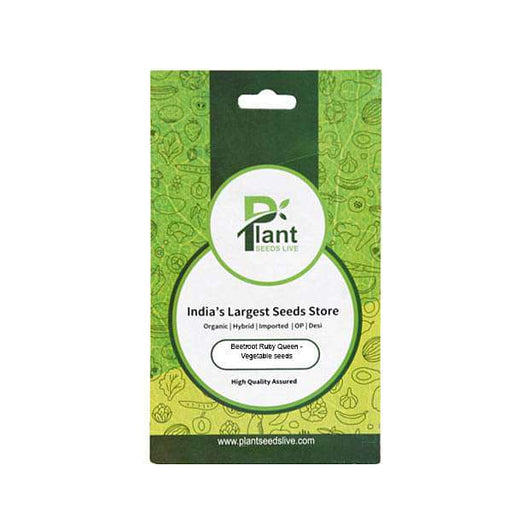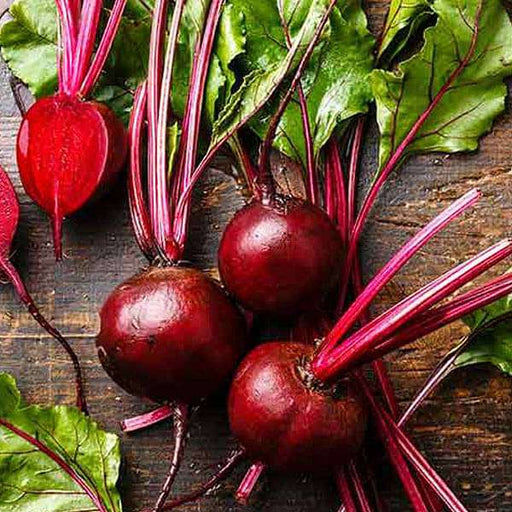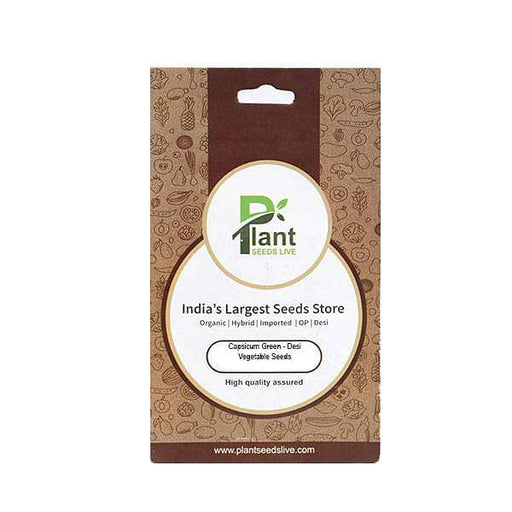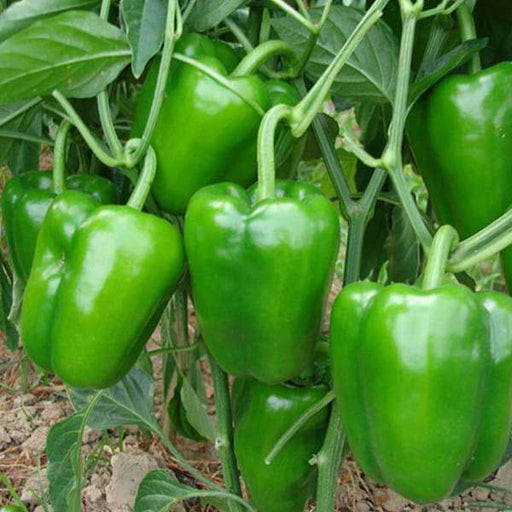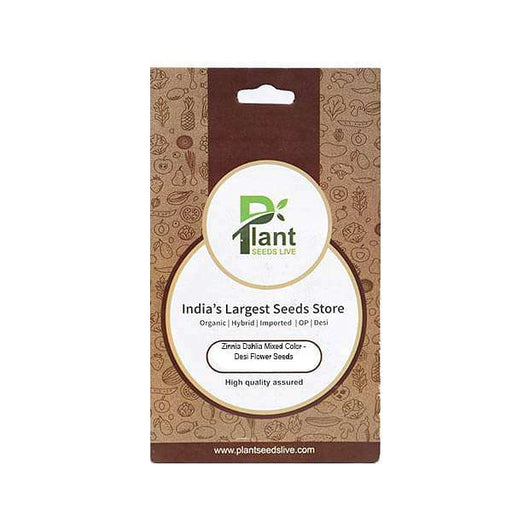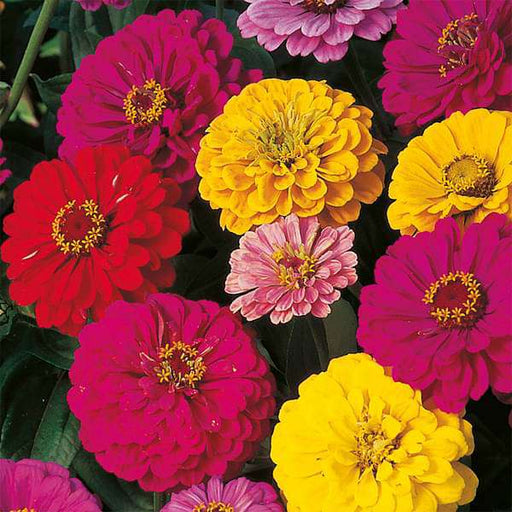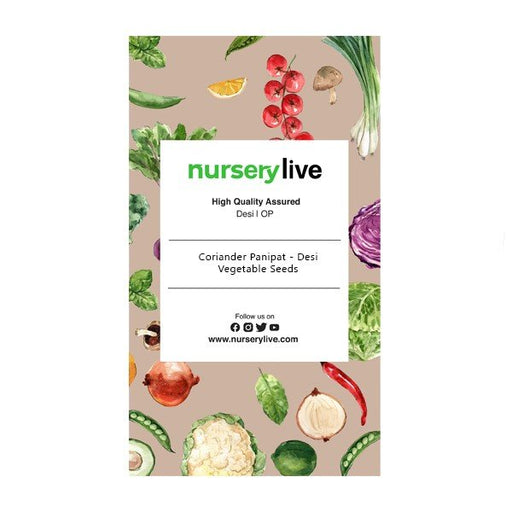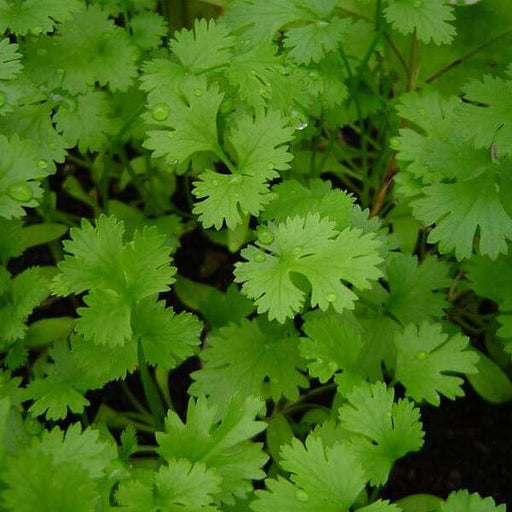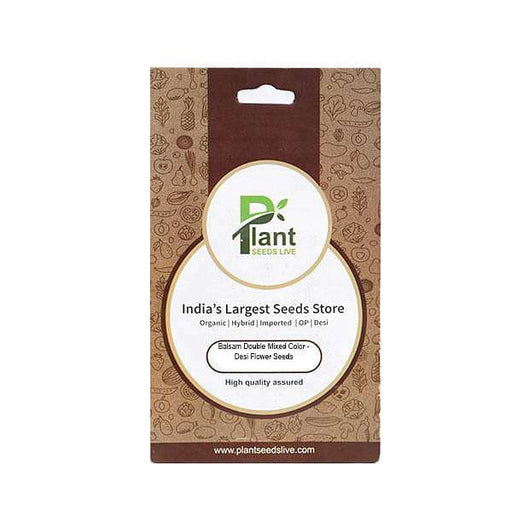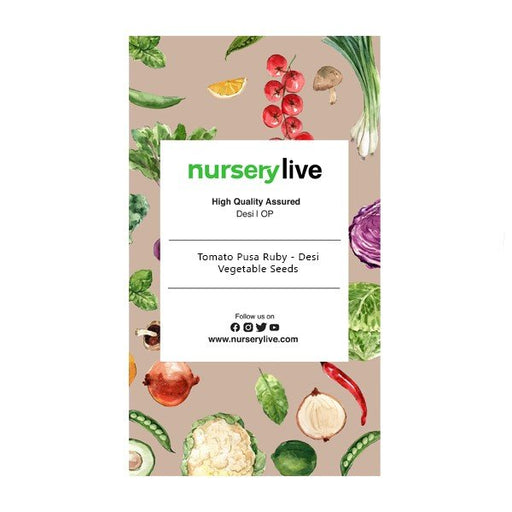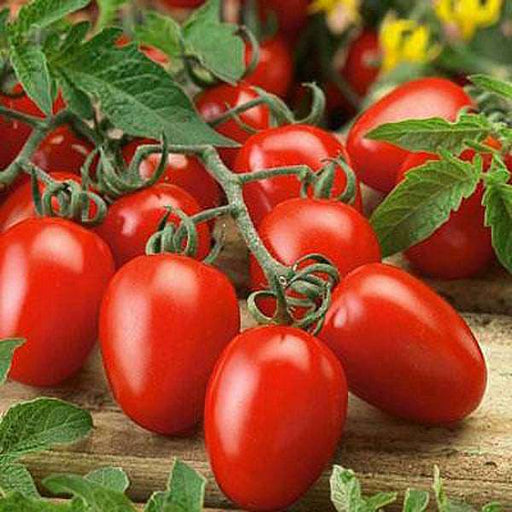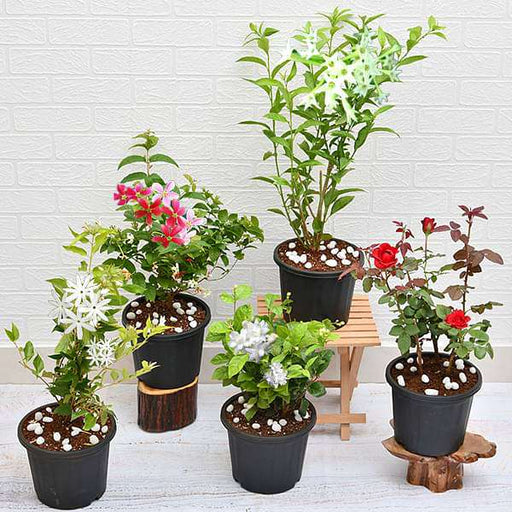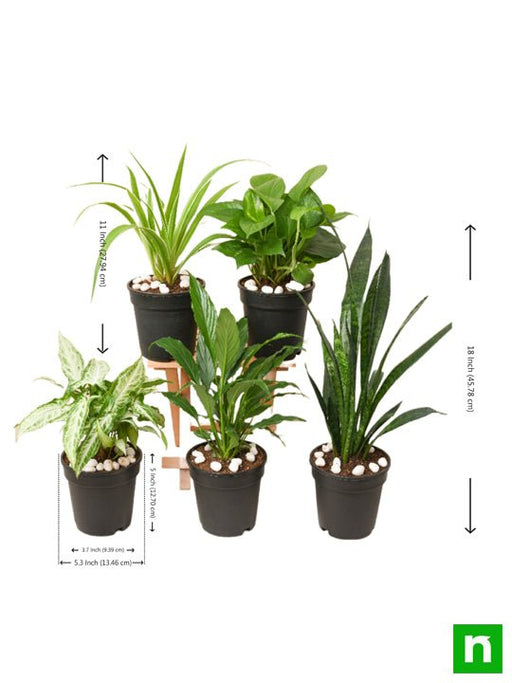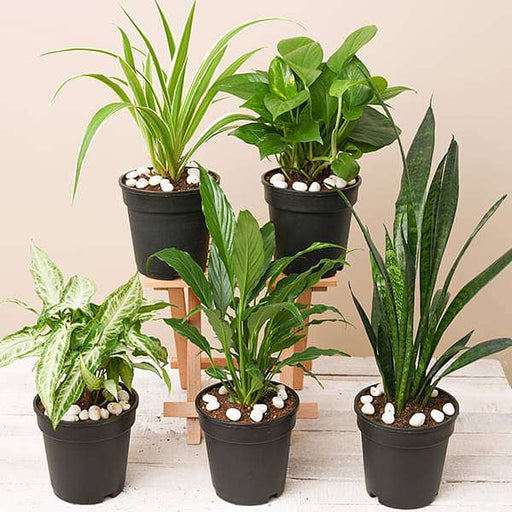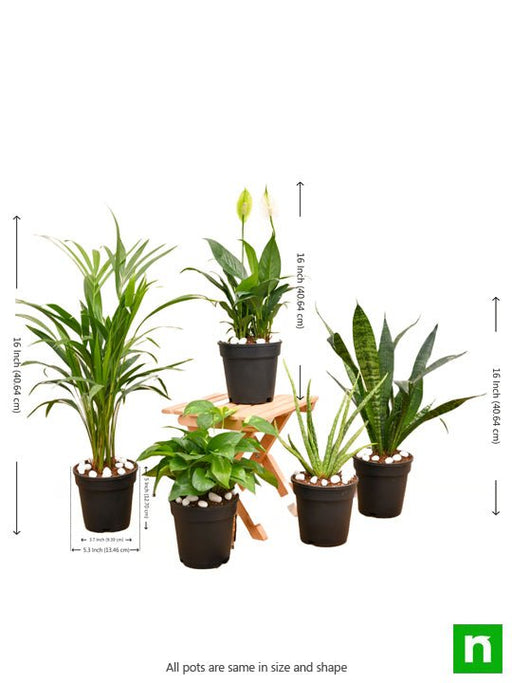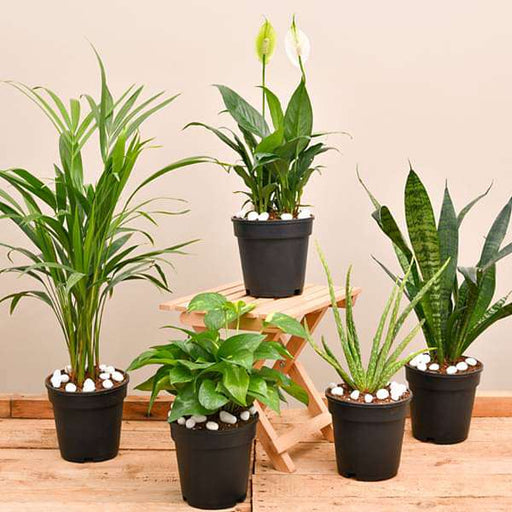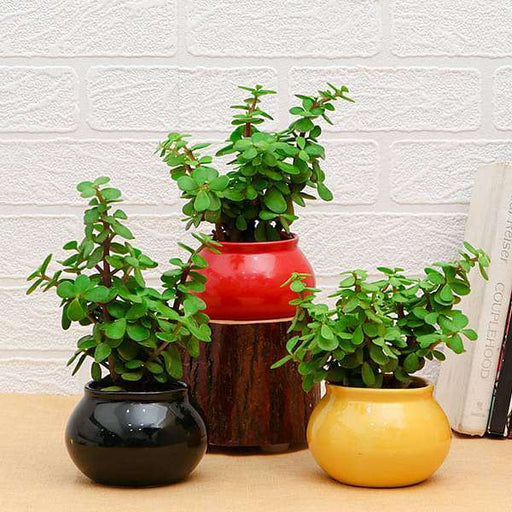How to Grow Beet Root from Seeds
Beetroot is a root vegetable that is high in nutrients and easy to grow from seeds. Learn how to grow your own beetroot from seed with our step-by-step guide.
Best Time to Plant Beet Root Seeds
The best time to plant beetroot seeds is in early spring or late summer. Learn more about the ideal conditions for planting beetroot seeds.
Types of Beet Root Seeds
There are many different varieties of beetroot seeds available, each with its own unique flavor and color. Discover the different types of beetroot seeds and which ones are best for your garden.
How to Store Beet Root Seeds
Proper storage is essential for preserving the viability of beetroot seeds. Learn how to store beetroot seeds to ensure they remain viable for planting.
Beet Root Seed Germination Time
Beetroot seeds typically take 7-14 days to germinate, depending on the conditions. Learn more about the germination process and how to ensure successful germination.
How to Water Beet Root Seeds
Proper watering is key to the success of beetroot seeds. Learn how to water beetroot seeds and keep them healthy and thriving.
Beet Root Seed Planting Depth
The depth at which you plant your beetroot seeds can have a big impact on their success. Learn the ideal planting depth for beetroot seeds and how to ensure successful growth.
Best Soil for Beet Root Seeds
The right soil is essential for the success of your beetroot seeds. Learn what kind of soil is best for growing beetroot seeds and how to prepare it for planting.
Beet Root Seedling Care
Once your beetroot seeds have sprouted, proper care is essential to ensure their healthy growth. Learn how to care for your beetroot seedlings and keep them thriving.
Companion Plants for Beet Root Seeds
Companion planting can help your beetroot seeds grow stronger and healthier. Discover the best companion plants for beetroot seeds and how to plant them together.
How to Harvest Beet Root Seeds
Harvesting your beetroot seeds at the right time is essential for preserving their viability. Learn how to harvest your beetroot seeds and store them properly.
Beet Root Seed Saving
Saving your own beetroot seeds is a great way to ensure a steady supply of seeds for future planting. Learn how to save beetroot seeds and ensure their viability.
Organic Beet Root Seeds
Organic beetroot seeds are grown without the use of synthetic fertilizers or pesticides, making them a great choice for eco-conscious gardeners. Learn more about organic beetroot seeds and their benefits.
Heirloom Beet Root Seeds
Heirloom beetroot seeds are open-pollinated, meaning they have been passed down through generations without hybridization. Learn about the benefits of heirloom beetroot seeds and why you should consider them for your garden.
Beet Root Seeds for Containers
Beetroot seeds can be grown in containers, making them an ideal choice for urban gardeners or those with limited space. Learn how to grow beetroot seeds in containers and enjoy fresh, homegrown beetroot all year round.
Beet Root Seeds for Pickling
Some varieties of beetroot seeds are better suited for pickling than others. Learn about the best beetroot seeds for pickling and how to grow and preserve them.
Beet Root Seeds for Roasting
Roasted beetroot is a delicious and healthy side dish that can be made from fresh, homegrown beetroot. Learn about the best beetroot seeds for roasting and how to grow and prepare them.
How to grow beetroots from seeds
Growing beetroots from seeds is fairly easy. First, select a sunny spot in your garden and loosen the soil with a rake. Sow the seeds about 1/2 inch deep, cover them with soil, and water thoroughly. Keep the soil moist until the seeds germinate, which usually takes around 7-14 days. Once the beetroots are a few inches tall, thin them out to a distance of 3-4 inches between plants. This will give them enough space to grow and mature.
How long does it take for beetroot seeds to germinate
Beetroot seeds usually take around 7-14 days to germinate, depending on the temperature and moisture level of the soil. In cooler temperatures, it may take longer for the seeds to germinate, while in warmer temperatures, they may germinate faster. It's important to keep the soil consistently moist during the germination period to ensure successful germination.
Can beetroot seeds be planted in pots
Yes, beetroot seeds can be planted in pots, provided that the pots are at least 12 inches deep to accommodate the roots. Fill the pot with a nutrient-rich soil mix, sow the seeds about 1/2 inch deep, cover them with soil, and water thoroughly. Place the pot in a sunny spot and keep the soil consistently moist until the seeds germinate. Once the seedlings are a few inches tall, thin them out to a distance of 3-4 inches between plants. This will give them enough space to grow and mature.

